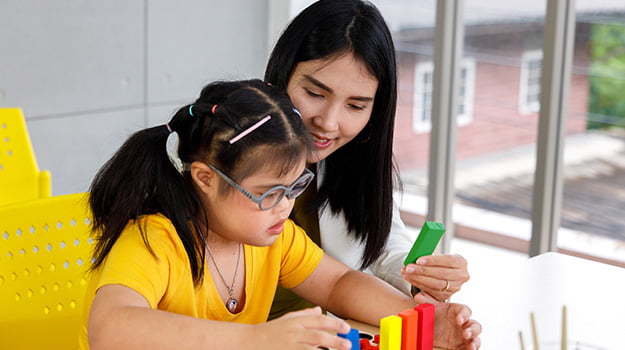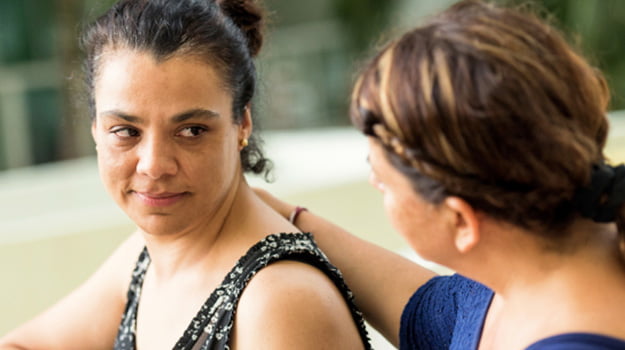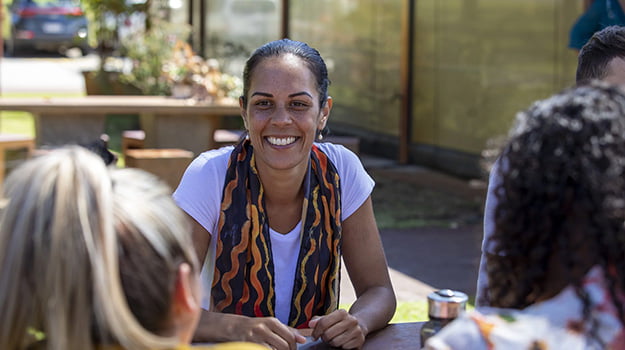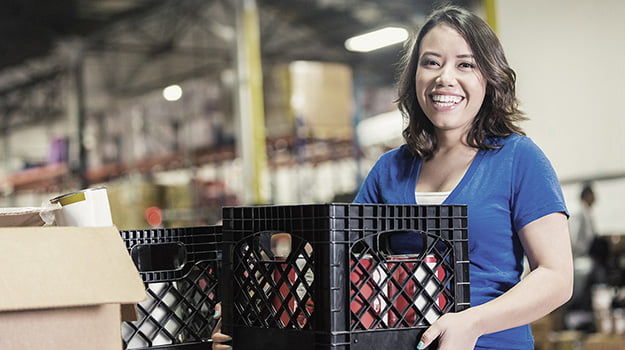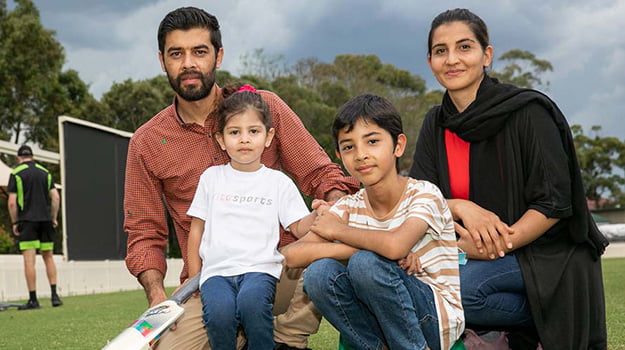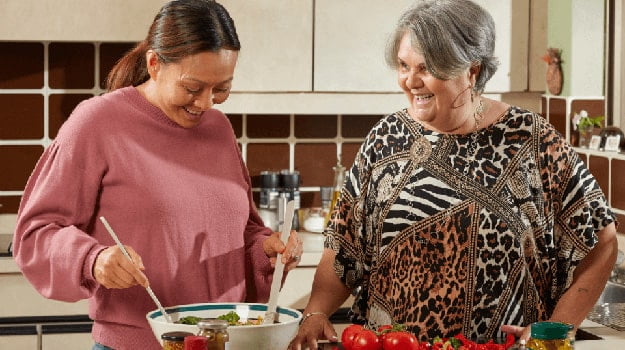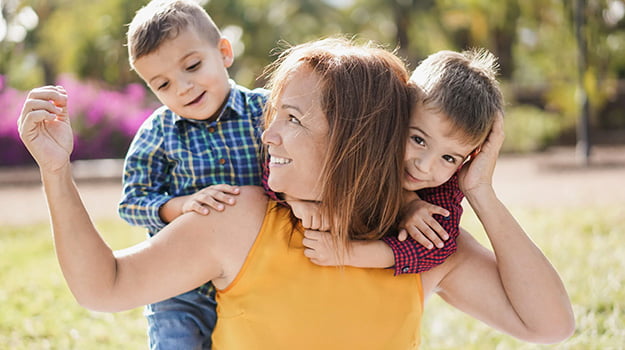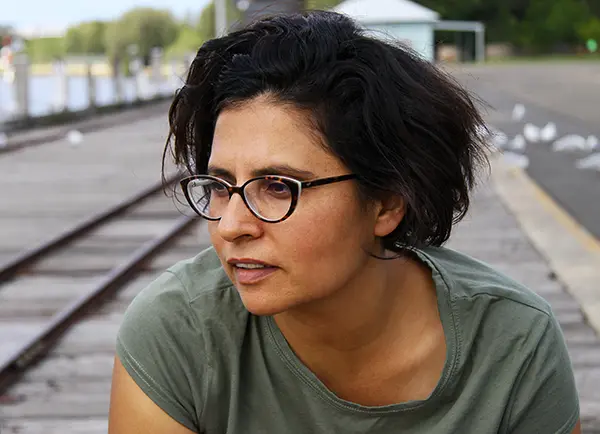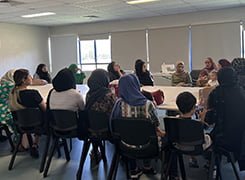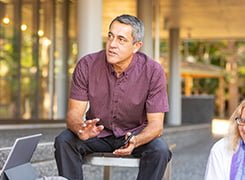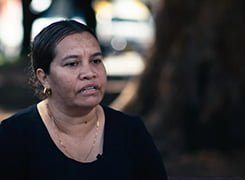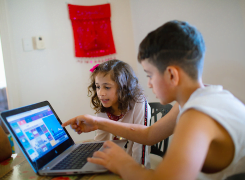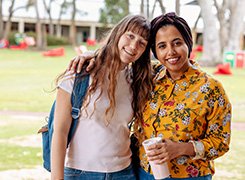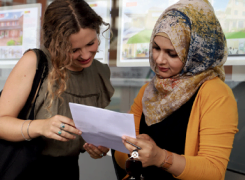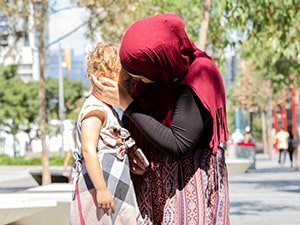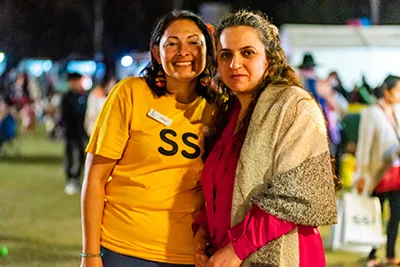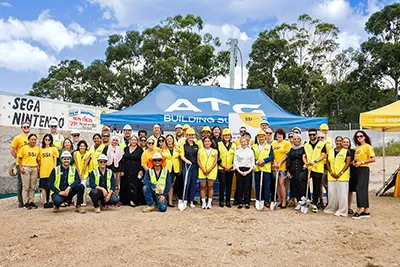Culturally and linguistically diverse (CALD) women and children impacted by family, domestic and sexual violence (FDSV) will have better support with a new transformative project, led by non-profit SSI, in partnership with Federation of Ethnic Communities’ Council of Australia (FECCA).
(more…)PRONIA, SydWest Multicultural Services and Settlement Services International establish an alliance with RMIT University to link students with diverse communities.
A first-of-its-kind community co-design consortium, launched last week, will give RMIT engineering students the opportunity to shift the dial on some of the big challenges facing culturally and linguistically diverse communities in Australia.
Working at the intersection of engineering practice and community-led collaboration, the RMIT Humanitarian Engineering Research Consortium/Understanding and Leveraging Engineering with Society, or HERCULES for short, ensures students learn the fundamentals of engineering by solving real-world challenges through genuine engagement with culturally and linguistically diverse communities via not-for-profit organisations.
Last week, first year mechanical engineering student, Tahlia Torcasio presented four humanitarian-design prototype finalists to an audience of community leaders and RMIT University academics who comprise the first-of-its-kind community co-design consortium.
“My fellow humanitarian engineering students and I are motivated by the drive to move the needle on some of society’s most challenging problems, and being part of HERCULES will be a game changer for our education. Engaging with community via human service organisation to co-design solutions is a win-win for our understanding and community impact,” said Ms Torcasio.
Dr. Spyros Schismenos, lecturer in Humanitarian Engineering is the co-leader of RMIT’s Humanitarian Engineering Lab who’s passionate about the advancement of innovative teaching and research at the intersection of human-centered design, technology, and experiential learning.
“By forging alliances with organisations working at the coalface of complex social and human challenges such as Sydney’s Sydwest Multicultural Services, Melbourne’s PRONIA and national Settlement Services International, we will ensure students design solutions with, not just for, people,” explained Schismenos
The students’ prototypes ranged from a sustainable pest-resistant bamboo house designed for extended family lifestyles, to a sun-tracking solar panel built to be accessed by multiple households. The prototypes were created by a winning team of 18 first-year students in response to community consultation and as part of the RMIT SydWest Engagement Challenge.
The RMIT SydWest Engagement Challenge attracts more than 1000 students enrolled in RMIT’s Introduction to Professional Engineering Practice and guides students on community engagement and co-design practice, giving students first-hand experience to understand and work with Australia’s culturally and linguistically diverse communities.
Quotes:
Violet Roumeliotis, CEO, Settlement Services International (SSI)
SSI CEO Violet Roumeliotis said the partnership demonstrates a shared commitment to empowering engineering students and supporting communities to co-design solutions to some of our most pressing challenges.
“Diverse communities face numerous challenges, often punctuated by inequality and lack of opportunity afforded to other sectors of society. SSI supports refugees, people seeking asylum, culturally and linguistically diverse communities, people living with disability, Aboriginal and Torres Straits Islander communities, women, youth, families and LGBTIQA+ communities.
By working with RMIT University and HERCULES consortium partners, we’ll provide a unique engagement experience that supports students in their educational pursuits and helps communities co-create place-based solutions,” she said.
Elfa Moraitakis, CEO, SydWest Multicultural Services
SydWest Multicultural Services CEO, Elfa Moraitakis said the impetus to join the HERCULES consortium grew from the students’ response to the RMIT SydWest Engagement Challenge where she saw first-hand the impact of collaboration that comes from genuine engagement.
“Working from a strength-based perspective enables individuals and communities to provide insights and solutions to the challenges impacting them. This approach enables students to develop these skills early in their career and to design engineering solutions with the end-user in mind.
“The Western Sydney region is a diverse and vibrant area with a mix of unique challenges and creative insights and perspectives providing students with a rich learning ground,” said Moraitakis.
Nikki Efremidis, Interim CEO, PRONIA
PRONIA Interim CEO, Nikki Efremidis is passionate about identifying interventions for some of Australia’s priority communities and co-creating solutions for pressing real-world social and humanitarian issues.
“It’s a wonderful initiative to bring like-minded community organisations together to build a consortium that will harness ideas and opportunities to help students to combine engineering practice with social engagement skills.
“The humanitarian engineering program, through Dr Schismenos, who also works with UNESCO, will bring a unique perspective to community collaboration and co-design on topics that put community at the heart of innovation,” said Efremidis.
For more information on RMIT University Humanitarian Enginneering course visit https://www.rmit.edu.au/about/schools-colleges/engineering/news/humanitarian-engineering
Findings from a once-in-a-generation review released yesterday set a progressive vision for multicultural Australia, according to non-profit organisation, Settlement Services International (SSI).
SSI welcomed the release of the Multicultural Framework Review, Towards Fairness: A multicultural Australia for all, which drew on the voices of thousands of Australians to undertake the first comprehensive review of multicultural policy in Australia in more than 50 years.
SSI CEO Violet Roumeliotis said multiculturalism was a core part of Australia’s national identity and while multiculturalism as a policy had evolved from strong foundations, it needed a reset to advance a multicultural Australia.
“We commend both the Federal Government and the review panel for delivering this comprehensive roadmap that will build on Australia’s strong multicultural foundations,” she said.
“It has been decades since we’ve seen a review of this nature. If implemented, these changes would offer a reset so that multiculturalism and multicultural policy reflect the Australia of this century, not the last.”
Ms Roumeliotis said it was particularly heartening to see this review acknowledge the need to work to strengthen multicultural communities’ understanding of and engagement with First Nations communities.
“The report reflects a modern, nuanced understanding of what multiculturalism means in 2024 and beyond, with a clear national framework and a proposed set of reforms at the Ministerial and departmental levels to support implementation including the establishment of an Australian Multicultural Commission.”
In December 2023, SSI was part of joint advocacy led by the Federation of Ethnic Communities’ Councils of Australia and more than 80 other community organisations that recommended these changes so that multicultural Australia is fit for purpose for the 21st century.
Ms Roumeliotis said SSI welcomed, among other things, the review’s recommendations on strengthening support for refugees with disability through the establishment of a formalised partnership between NDIS and the Department of Home Affairs.
The report also recommended changes to bridge the digital divide for multicultural communities to create culturally responsive digital infrastructure, which is especially important to improve access to essential services that we all rely on in times of need.
“It was particularly heartening to see a strong focus on integrating lived experience and ensuring the voices of multicultural Australia are involved in the co-design and development of these initiatives,” she said.
SSI looks forward to working with the Federal Government, communities and our peers in the community sector to implement this progressive vision.
Refugee students have today received vital funds to pursue their education, under a scholarships program that nurtures the aspirations of refugees like scientist Simon Issa, who is changing lives after receiving a scholarship back in 2016.
Last month, members of the NSW Settlement Partnership gathered in Sydney to celebrate nine years of shared achievements, as the consortium comes to an end.
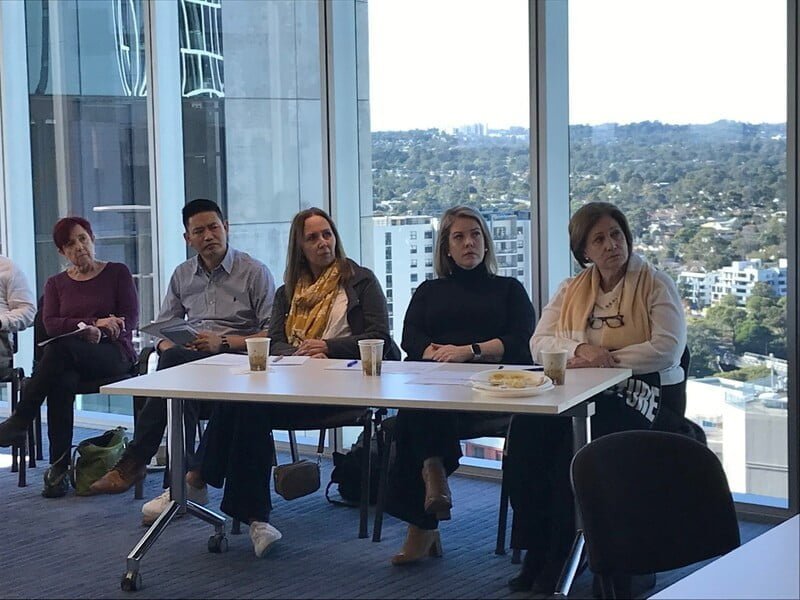
We are calling for urgent action to lift Australia’s humanitarian intake, as new research from United Nations High Commissioner for Refugees (UNHCR) shows the number of people experiencing forced displacement increased at a record-breaking rate in 2023.
The UNHCR’s Global Trends: Forced Displacement in 2023 has found that more than 117 million people were forcibly displaced by violence, conflict, and persecution in 2023 – up by almost 9 million people from the prior year.
Forced displacement is estimated to have continued rising in the first four months of 2024, likely surpassing 120 million by the end of April.
For the past 12 years, the UNHCR has recorded annual increases in forced displacement, with each year setting a new record.
This record-breaking displacement highlights the need for the Australian government to uplift the humanitarian intake to respond to pressing global need.
We are calling on the Australian government to meet its commitment to increase the humanitarian intake from 20,000 places to 27,000 places per annum.
Despite the rapidly growing need for resettlement places, the size of Australia’s Humanitarian Program had remained relatively stagnant for decades.
Scaling up the program would help address the significant global shortfall in resettlement places, reunite refugees already in Australia with their families, and showcase Australia’s commitment to being a responsible global citizen.
There is also widespread recognition globally of the need for a range of permanent and secure pathways for the growing numbers of refugees around the world. This includes complementary pathways such as community sponsorship. It is an innovative solution that enables everyday community members to step up to protect people displaced by conflict and persecution.
Australia’s refugee resettlement sector has the skills and expertise to quickly scale up and support an increased refugee intake. We simply ask the government to open the door.
Read the UNHCR’s full report here: https://www.unhcr.org/global-trends
SSI welcomes the Federal Government’s announcement of a new study that will tackle antisemitism, Islamophobia, and the experience of First Nations people within the Australian university sector. The study aims to examine racism in universities and provide recommendations to ensure the safety of students and staff members.
Australia needs to create a safe environment for everyone, irrespective of their language, race or cultural background.
What is clear from the growing evidence base is that racism is prevalent in Australian communities. Racism poses a significant social and economic threat to our country.
Efforts to support social cohesion must go beyond the positive promotion of multiculturalism and actively denounce racism.
We view this study, which will be led by the Race Discrimination Commissioner, as an important step towards better understanding the prevalence and impact of racism and, importantly, practical actions to reduce it.
SSI continues to call for a coordinated, national response to eliminate racism and promote social inclusion, both on campuses and across our country. Australia will be stronger and safer for it.
SSI welcomes the vision set out in the Federal Government’s newly released Early Years Strategy as a step towards early childhood policies, programs and services that will support the best outcomes for all children, regardless of their backgrounds.
This Early Years Strategy is underpinned by the principles of equity and inclusion, including a commitment to provide foundational supports to children with potential developmental delays and to address these concerns early.
We also commend the focus on maintaining children’s identities and cultural connections. This sits alongside a commitment to empower parents, caregivers and families in ways that are culturally responsive and targeted – something we see the importance of throughout our work with culturally diverse families, including as part of the national Community Hubs program.
From our work delivering place-based initiatives such as our involvement in Logan Together, we recognise the importance of local solutions for local problems, reflected in the Strategy.
Importantly, this is Australia’s first Early Years Strategy to strengthen accountability, coordination and collaboration across all levels of government over the next 10 years, setting a clear roadmap for change with action plans and an outcomes framework to monitor and track progress. SSI looks forward to being part of these collaborative initiatives and translating them into tangible outcomes for all Australian children.

